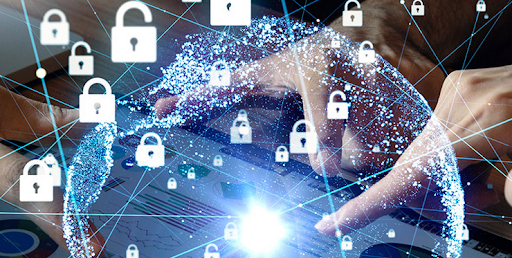3 Tips For Hiring Manual Labor Workers For Your Business
For many businesses, there’s a manual labor side to running their business. And while you might think that having muscle and being able to use your body could be something that’s easy to hire for, there’s often real skill that goes along with a great hire for these types of positions.
To help you find the right people for the manual labor jobs you’re needing to fill, here are three tips for hiring manual labor workers for your business.
Describe The Job Accurately
As with any job, if you want to have people apply for the position that will actually be able to fulfill the role you need, you need to make sure that you’re writing an accurate job description for the work they’ll be hired to do.
For manual labor work, you’ll want to give as much information as possible about what will be required of them both physically and in their other abilities. If you’re wanting to make sure that the people you’re hiring can help with unloading trucks at your warehouse while also being able to keep things clean and organized, make sure you don’t neglect to include those skills and abilities on your job description.
Ask Them About Their Skills And Abilities
Once you have some people that you’re considering for the job, you’ll want to go through the interview process to ensure that you end up offering someone the job that’s actually able to do the necessary work.
As part of the interview process, you’ll want to ask each candidate about their skills and abilities. You can have them demonstrate what they’re capable of doing and ask about their experience working with certain equipment, doing certain physical tasks, and working in the type of environment that you’re looking to hire staff for. By asking the right questions, you should be able to determine if their skills and abilities match what you’re needing.
Make Sure Their Needs Are Met
Manual labor is hard work for anyone to accomplish. So when you hire someone for this work and you want them to be successful, you need to be sure that you’re meeting their needs as a worker.
If there is any type of equipment or tools that will make the work easier for them, be sure you provide this and train them on how to use these things so that they can be as safe and efficient as possible. Additionally, giving them breaks to eat and hydrate will help them to be more productive and protect the health of their bodies while they work.
If you need to hire some manual labor workers to work within your company, consider using the tips mentioned above to help you through this hiring process and get the best staff you can.












